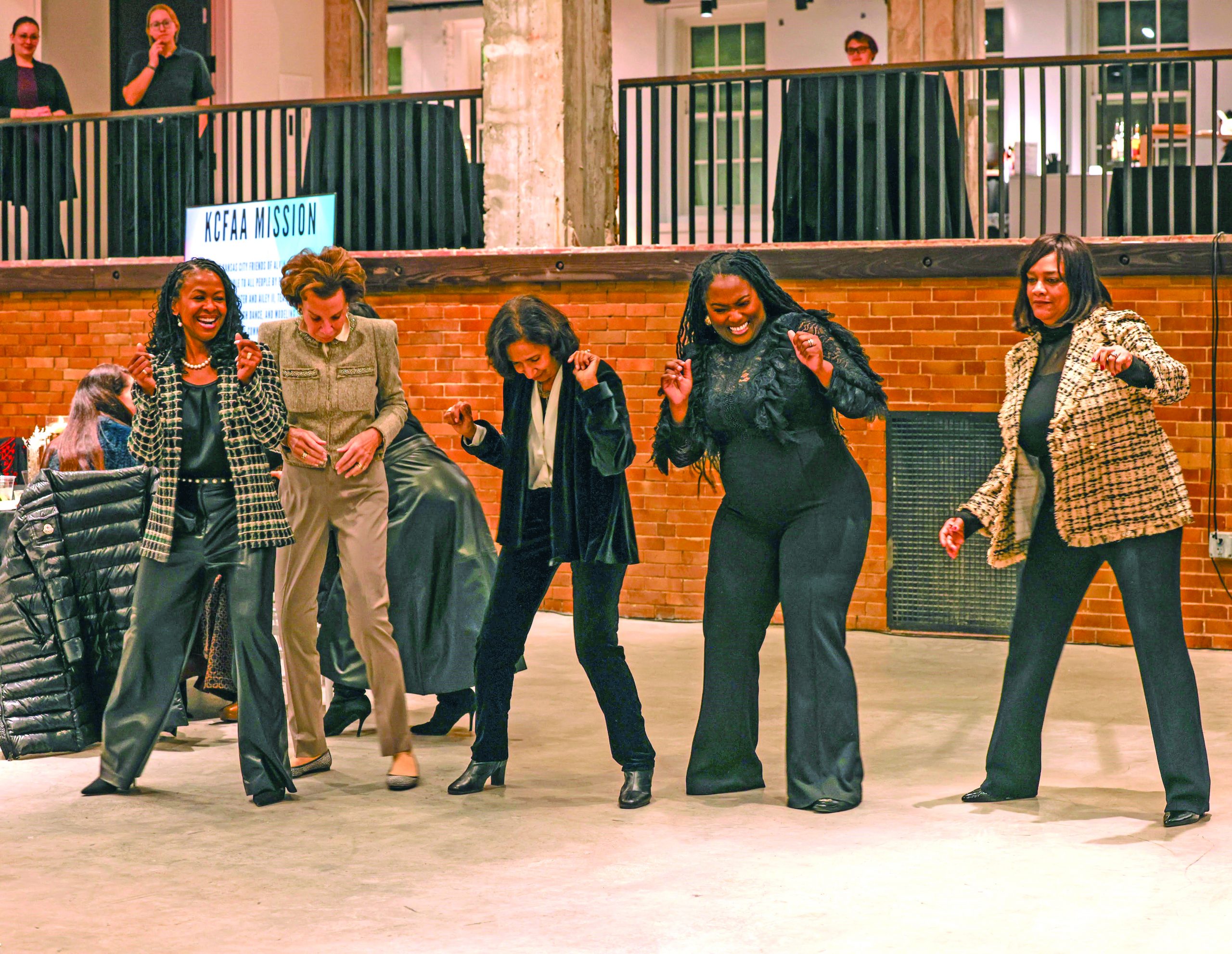Black History Month
Black History Month, or as it is otherwise known, African American History Month, is not a new construct. While the official recognition in our country came from President Ford as a part of the bicentennial in 1976, the origin of the idea dates back to 1926, when Dr. Carter G. Woodson and the Association for the Study of Negro Life and History (ASNLH) announced that the second week of February would be Negro History Week. The chosen date coincided with the birthdays of Abraham Lincoln and Frederick Douglass, both revered by the Black communities. But, Carter wanted to do more than glorify two men, he wanted to study and celebrate a race.
Black United students at Kent State University proposed Black History Month in 1969, with the first official celebration taking place a year later in February of 1970. All of this focus on Black History designated into certain time frames was not without controversy. While there was a large outpouring of support across the nation, there were those who wondered why education regarding Black History needed to be confined – why not encompass the entire year? In addition, there was a concern that stories would be condensed, made into sound bites, and not fully explored. Actor Morgan Freeman noted, “I don’t want a Black History month. Black History is American history.” (Carter had actually already pushed for a yearlong celebration, but he is known for the idea of the “month” celebration.)
Now known as ASALH, Association for the Study of African American Life and History, the organization declares themes for each year to be explored in the Black History Month. The themes range vastly – one example is the 2023 theme of “Black Resistance.”
In 1986, with the establishment of a national holiday to commemorate Dr. Martin Luther King’s birthday, the United States Congress, in a joint resolution, designated the month of February as National Black History Month. President Reagan issued a proclamation that read, “the foremost purpose of Black History Month is to make all Americans aware of this struggle for freedom and equal opportunity.”
As we have already done recently, The Independent strives to tell the local story of what the month means – to us and to our community. While this is certainly not comprehensive coverage, these features below will hopefully provide information and insight as to the history of the Black culture in Kansas City, and the current flavor of what people are doing to celebrate, recognize, and advance our Black community.
– The Independent Staff
FEBRUARY 8, 2025 ISSUE

Benefiting Kansas City Friends of Alvin Ailey, the Race, Place, & Diversity Awards event was held on January 10th honoring individuals and/or organizations whose actions demonstrate a commitment to advance diversity and equity. The 40th year commemorated the founding board members, as well as the first 10 years of board members. Congratulations to KCFAA and […]

How does 90 months in the Federal Penitentiary translate to running an immensely successful non profit designed to use cognitive thinking and behavior modification to interrupt patterns of thinking based in violence and criminal activity? It’s a complicated question and it has a complicated answer, but the answer is the brilliant brainchild of Kyle Hollins. […]
Established in 1899, The Independent is Kansas City’s longest-running magazine. Unique in its field, it is the only publication to focus primarily on the cultural, philanthropic and social aspects of Our Town.
All Rights Reserved |
5201 Johnson Drive,
Suite 300
Mission, KS 66205
Phone: 816-471-2800
Join our E-newsletter, The Insider; shared with our loyal followers every other Tuesday.
